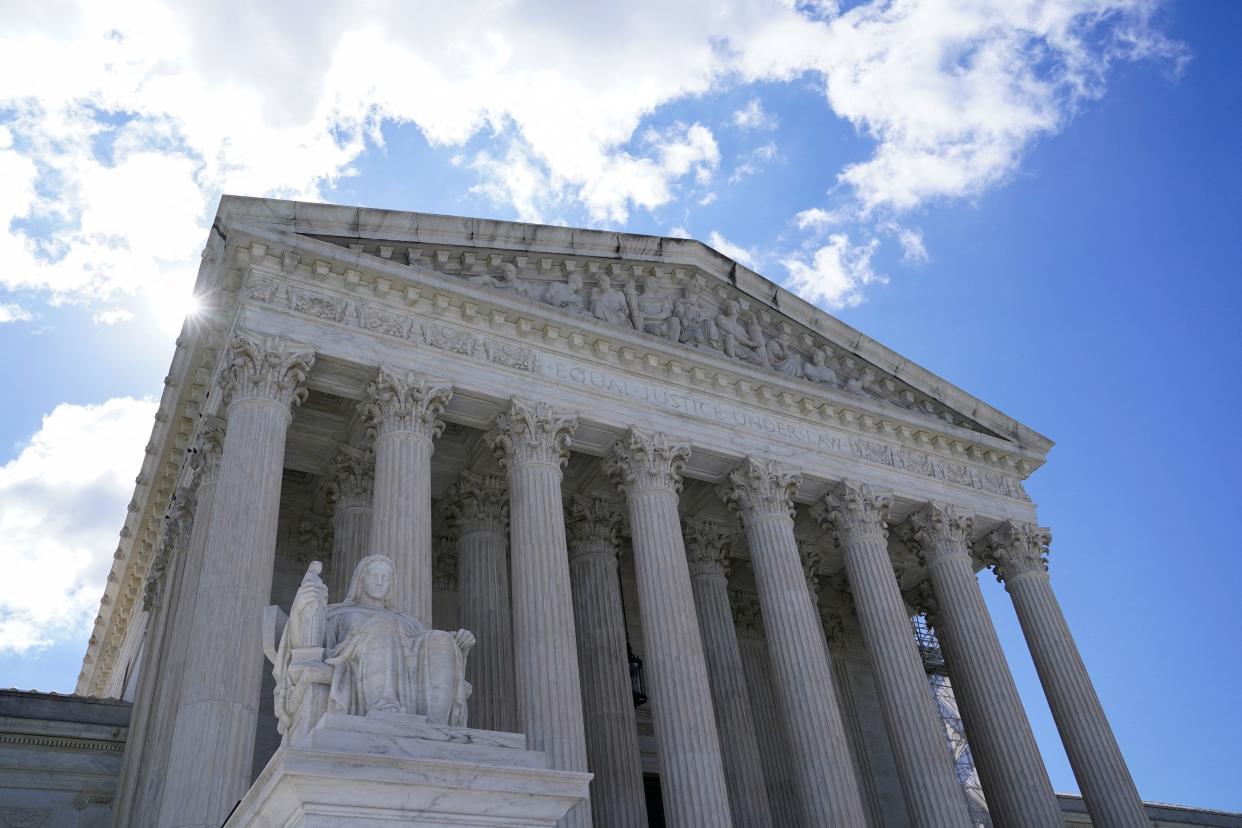US Supreme Court rules in favor of government in social media jawboning case

The News
The US Supreme court on Wednesday rejected a state-led effort to limit the federal government’s communications with social media companies about their content moderation policies.
At issue was whether Washington could ask platforms to take down posts deems as harmful or misinformation.
In a 6-3 ruling, the court found that the states of Missouri and Louisiana, together with a group of five social media users, did not have standing to bring the case against the Biden administration on grounds of free speech.
SIGNALS
Conservatives accuse Biden administration of limiting free speech
Some conservatives believe the Biden administration is coercing social media platforms into limiting free speech. “The central problem is that the government sought, and often succeeded in blocking free expression,” Thomas Hazlett wrote in the libertarian Reason Magazine. Certain lower courts had been sympathetic to this view, with a Louisiana ruling comparing the government’s actions to that of an “Orwellian ‘Ministry of Truth.’” But writing for the majority, Justice Amy Coney Barrett cut into that idea: “Without proof of an ongoing pressure campaign, it is entirely speculative that the platforms’ future moderation decisions will be attributable, even in part, to” the Biden administration.
Red line between free speech and disinformation remains unclear
The case reflects a politically charged battle over what constitutes free speech and disinformation. Republicans have repeatedly attacked the Biden administration for policies positioned as anti-disinformation, charging that such efforts actually infringe First Amendment rights and censor conservatives. Republicans have criticized both the State Department and Department of Homeland Security’s efforts to fight disinformation, while congressional attacks on disinformation research at universities and think tanks have seemingly had a chilling effect, as academics find themselves overwhelmed by subpoenas and legal costs, The New York Times reported.
White House firewall may make pressure campaign unlikely
The plaintiffs in this case had argued that the government mounted an organized campaign to pressure social media companies, but the Biden White House has taken specific measures to make that kind of pressure almost impossible, constitutional law scholar Justin Levitt argued in Lawfare. A policy to prevent staffers from talking with federal agencies about decisions involving specific firms may mean the fear that the administration could, for example, threaten antitrust action against social media companies if they don’t obey is overblown, Levitt wrote. This lawsuit hinged on presenting the government as a single entity, but the Biden administration has created “extensive firewalls” to enable enforcement agencies to act independently, he said.

